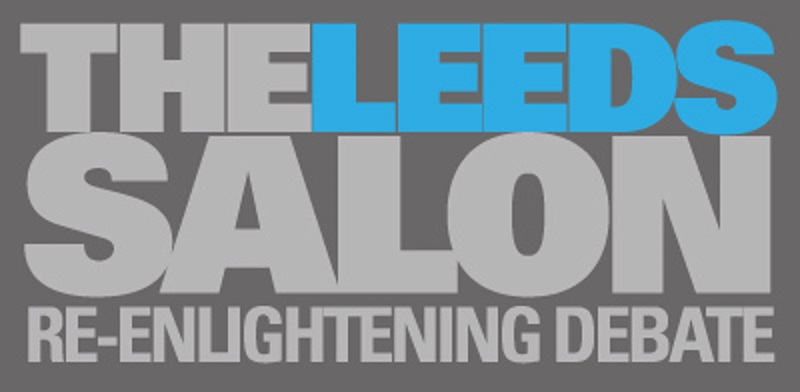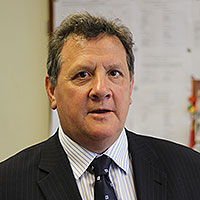The revelations in 2011 that the News of the World had hacked the phones of up to 3,000 celebrities, and in particular murdered schoolgirl Milly Dowler’s voicemail, sparked a major outcry about British press standards; leading prime minister David Cameron to set up the Leveson Inquiry into the ‘culture, practice and ethics’ of the UK press, with a view to a ‘more effective and regulatory regime’.
While initial investigations focused on the Murdoch-owned ‘red tops’, subsequent revelations have incriminated almost the entire British press (along with the police and politicians) in illegal or unethical practices in obtaining stories; raising questions about the effectiveness of existing self-regulation in reining in what some refer to as an increasingly ‘feral’ press. Even within the newspaper industry, many agree that a tougher independent body is needed, underpinned by legislation if necessary to add ‘real bite’. Amongst suggestions have been fining newspapers that break the code of practice and the licensing of journalists similar to the medical profession.
However, while some may see the Leveson Inquiry as a positive step towards ‘cleaning up’ tabloid practices, others see it as a ‘slippery slope towards government control of the press’. Newspapers are there ‘to speak truth to power’, not to be dictated to by the powerful, and that often involves underhand methods to find out what they don’t want us to know. Any proposals for tougher regulations would affect all investigative journalism and the future of a free press itself, and must be vehemently resisted.
Does ‘Hackgate’ reveal something rotten at the heart of the British press? Or has understandable disgust over the likes of the Dowler case been used to justify a crackdown on journalism by the very people it is supposed to hold to account? Is tougher self-regulation the answer to raising press standards? Or does that risk delivering a tamer and more compliant media? What does the Leveson Inquiry mean for the future of press freedom in the UK?


